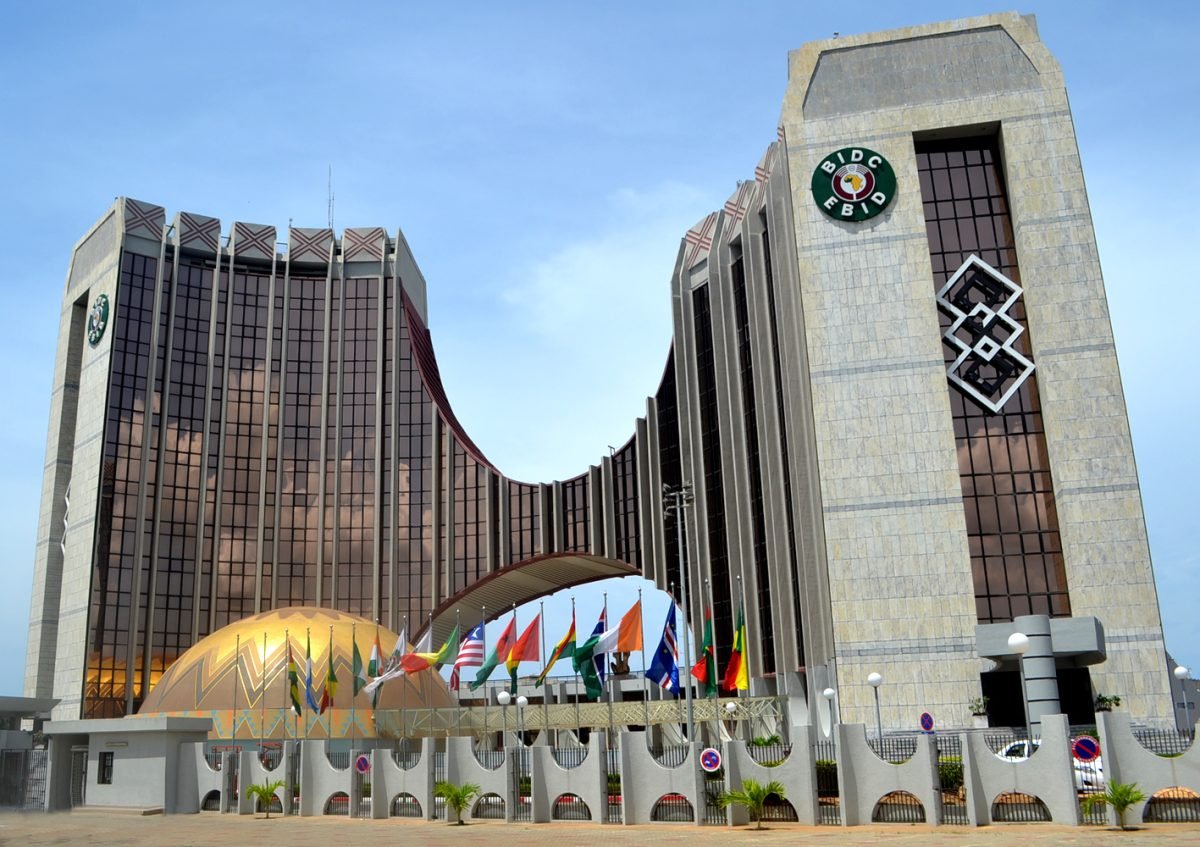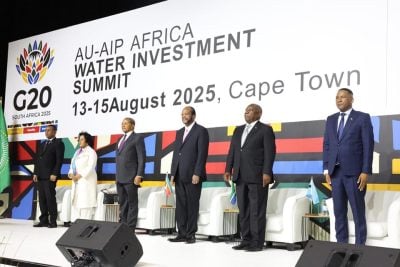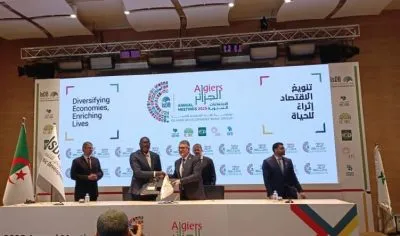This article was produced with the support of ECOWAS Bank for Investment and Development
The ECOWAS Bank for Investment and Development (EBID) has approved a USD 40 million line of credit to Vista Gui, marking a significant step towards expanding access to finance for small and medium-sized enterprises (SMEs) and strengthening trade activities in Guinea.
The agreement, formalised at a signing ceremony on 27 October 2025, reflects EBID’s continuing drive to promote private sector-led growth and deepen financial inclusion across West Africa. The facility forms part of the regional development bank’s broader initiative to empower National Financial Institutions (NFIs) as catalysts of sustainable economic transformation within the ECOWAS region.
Strengthening the SME backbone
Speaking at the ceremony, Dr George Agyekum Donkor, President and Chairman of the Board of Directors of EBID, reaffirmed the Bank’s commitment to inclusive and sustainable development through private sector empowerment.
“Investing in the private sector is an important tool to combat the challenge of youth unemployment faced by our sub-region,” Dr Donkor said. “This facility underscores EBID’s resolve to expand access to finance for SMEs and SMIs, which are the backbone of our economies, employing the majority of the workforce while adding to the regional value chain.”
Across the ECOWAS region, small and medium-sized businesses account for over 70% of employment and a substantial share of GDP. Yet they continue to face persistent financing constraints, with high collateral requirements and limited access to long-term capital. EBID’s intervention aims to close this funding gap by partnering with credible local financial institutions such as Vista Gui, which have direct reach into the productive sectors of the economy.
A boost for Vista Gui and Guinea’s private sector
Vista Gui, a member of the Vista Group, welcomed the partnership, describing it as a major milestone in its mission to support the growth of Guinea’s private sector. The new funding will allow the bank to scale up lending to productive enterprises in sectors such as agribusiness, light manufacturing, trade, and services—areas with strong potential for job creation and value addition.
Mr Kpakpovi Koffi Goeh-Akue, Managing Director of Vista Gui SA, expressed gratitude to EBID for its continued confidence and support.
“We are committed to deploying this facility efficiently and transparently to deliver measurable impact in SME expansion, job creation, and trade facilitation,” he said. “This partnership not only strengthens Vista Gui’s balance sheet but also enhances our capacity to serve the real economy and contribute to Guinea’s sustainable development.”
The collaboration is expected to create a multiplier effect across Guinea’s financial system, helping more entrepreneurs formalise their operations, access working capital, and integrate into regional trade networks.
Driving regional development through financial integration
For EBID, the Vista Gui credit line adds to a growing portfolio of private sector interventions aimed at accelerating regional integration and sustainable growth. In recent years, the Bank has intensified its support for NFIs, recognising their role as effective intermediaries for channelling funds into small businesses, infrastructure projects, and community-level enterprises.
By providing tailored credit lines and technical support, EBID seeks to unlock new sources of capital for West Africa’s private sector and promote economic diversification in line with ECOWAS development priorities.
“EBID’s partnership with Vista Gui demonstrates our commitment to delivering innovative, market-responsive solutions that address binding constraints to private sector growth,” Dr Donkor said. “We believe that empowering local financial institutions will generate long-term impact and contribute to the realisation of ECOWAS’s vision of a prosperous, integrated, and resilient region.”
A trusted development partner
The approval of the USD 40 million facility reaffirms EBID’s position as a trusted development partner for West Africa’s financial sector. As the region navigates post-pandemic recovery and rising macroeconomic challenges, such strategic interventions are helping to strengthen local economies, improve financial intermediation, and foster cross-border trade.
With its growing network of partnerships, EBID continues to demonstrate that regional development banking can be both catalytic and inclusive, ensuring that finance reaches those who need it most—the small and medium-sized enterprises driving Africa’s growth story.

 Sign in with Google
Sign in with Google 



